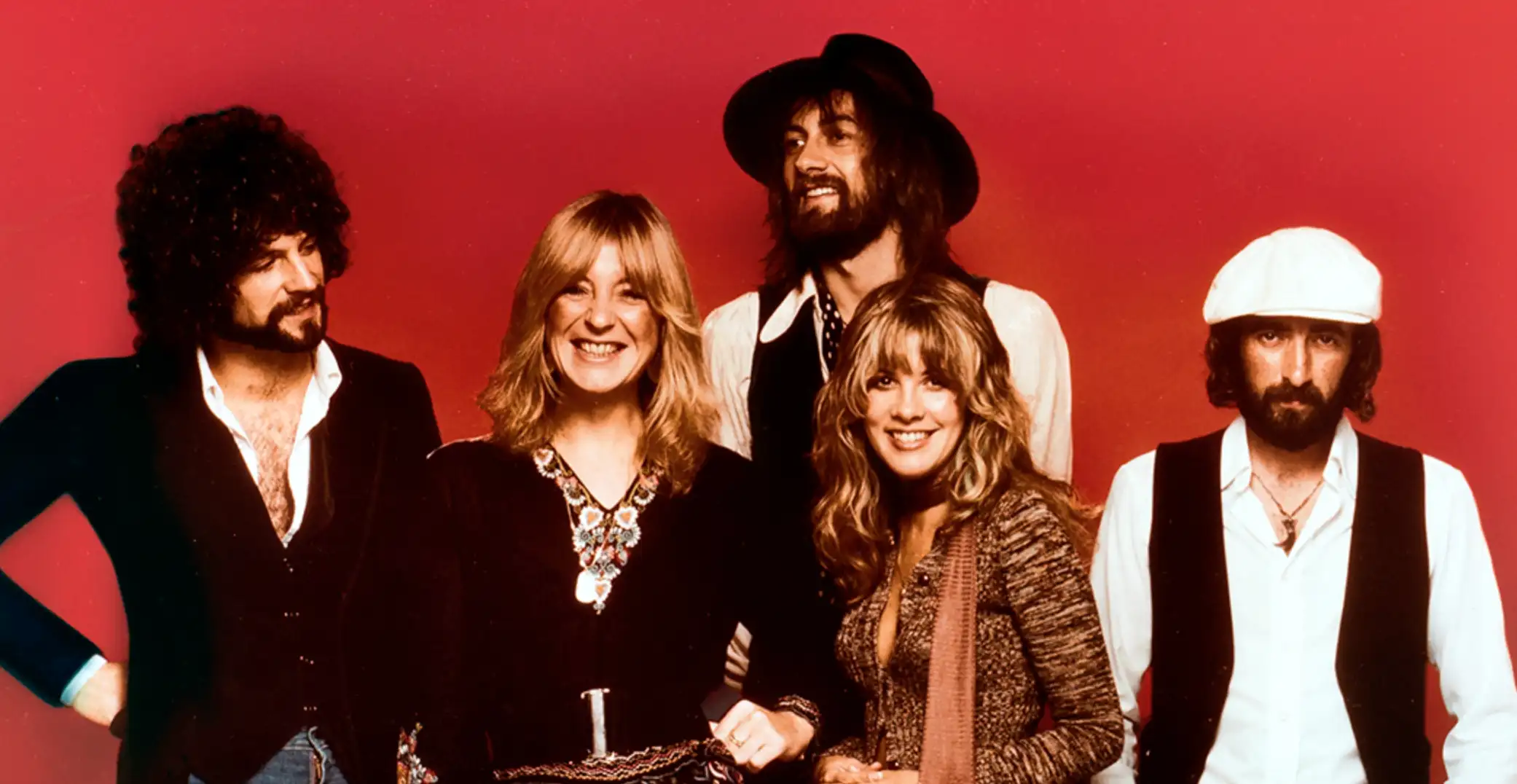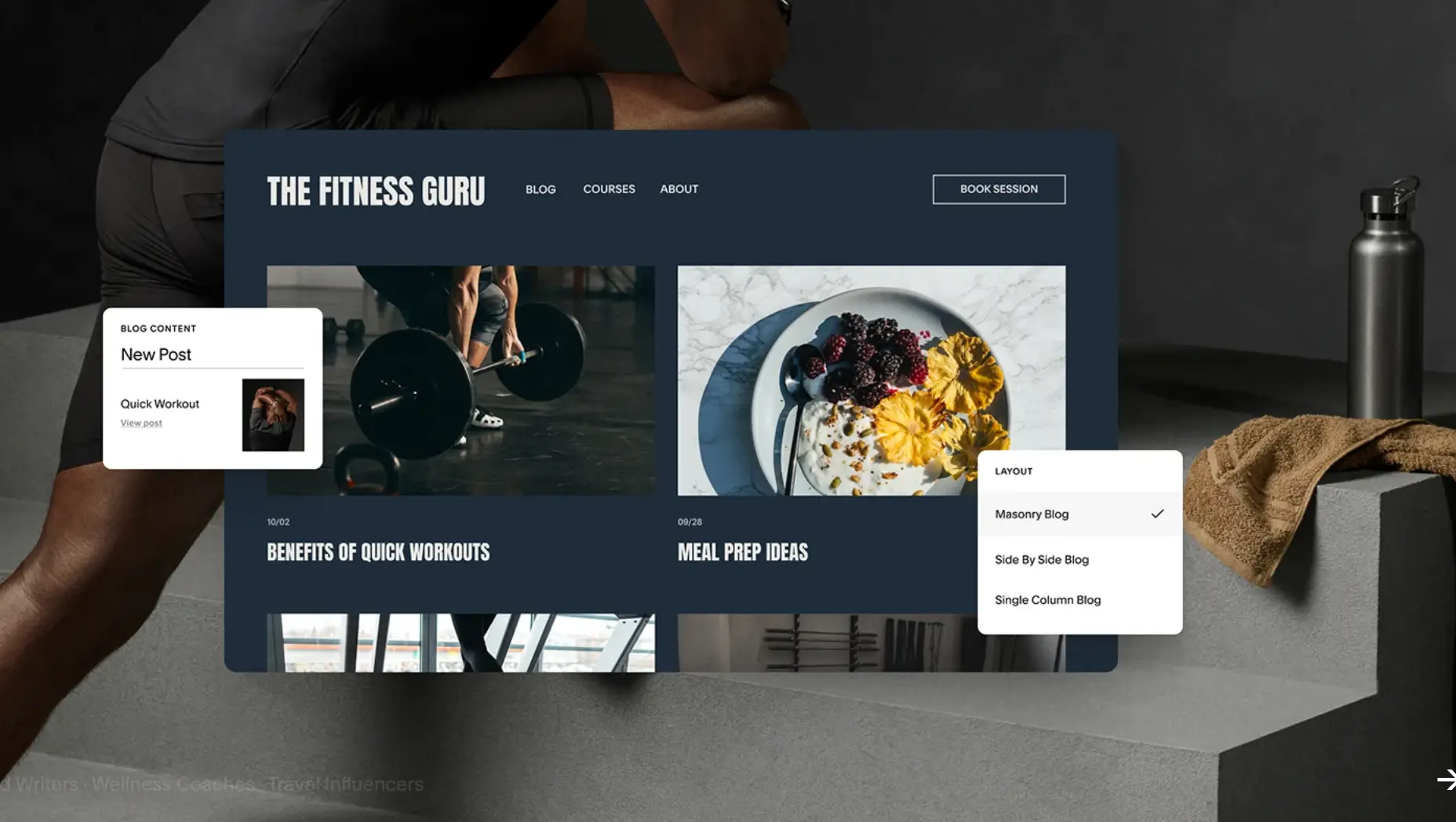How Spotify Became Audible’s #1 Competitor.
Updated on
Published on

The publishing and streaming industries are in a major uproar over Spotify's entry into the audiobook market with the addition of 200,000 titles to its premium service. Its expansion has resulted in significant operating losses, despite being a calculated move to broaden its offerings and draw in new customers. The costs of obtaining the rights to audiobooks and restructuring measures, such as a mass layoff program that reduced the company's global workforce by 17%, were the main causes of Spotify's operating loss of 75 million in the company's fourth quarter alone. In spite of these financial difficulties, Spotify reported a 9% quarter-over-quarter revenue growth to 3.7 billion and saw a 4% increase in premium subscriber numbers, reaching 236 million users.

Among the popular audiobooks on Spotify are titles like Prince Harry's "Spare," Yuval Noah Harari's "Sapiens: A Brief History of Humankind," and comedian David Mitchell's "Unruly." The addition of these best selling titles, along with exclusive deals such as the multi-year agreement with Joe Rogan, underscores Spotify's strategic shift towards must-listen content. While the exclusivity of "The Joe Rogan Experience" will end, making it available on other podcast platforms and YouTube, Spotify aims to maintain its appeal through diverse and compelling content offerings.
Audiobook consumption has been on the rise, thanks in large part to Spotify's foray into the industry, which has boosted the audiobook market in the US by a substantial 28%. With a projected 11% share of the market, Spotify has established itself as a formidable competitor to Apple and Audible. People are worried about how the platform's release of audiobooks under its own brand, Findaway, could hurt prices and affect the publishing industry's ability to make money and pay authors. Despite these challenges, publishers are optimistic about the opportunities presented by Spotify's audiobook service. The platform's personalized recommendations have the potential to introduce users to new books they might not have discovered otherwise, catering to a younger and more male-skewed demographic compared to traditional audiobook audiences. However, concerns persist regarding transparency regarding author compensation, as some authors and agents push back against Spotify's entry into the market.
Spotify's subscription model for audiobooks has been well-received by publishers and authors and is viewed as an innovative approach to content distribution. By offering premium subscribers a certain number of hours of audiobook listening per month, with options to purchase additional hours, Spotify aims to attract and retain users while providing greater accessibility to audiobooks. The platform's strong user engagement with the audiobook feature, coupled with significant user growth following its introduction, underscores its potential to drive long-term value and innovation in the audio entertainment landscape.
Looking ahead, Spotify hints at potential future innovations in audiobooks, drawing inspiration from the success of its personalized audio playlist feature called Daylist. As the company continues to explore new avenues for growth and expansion, both in music and audiobooks, it remains poised to shape the future of audio entertainment with its innovative offerings and strategic partnerships.







